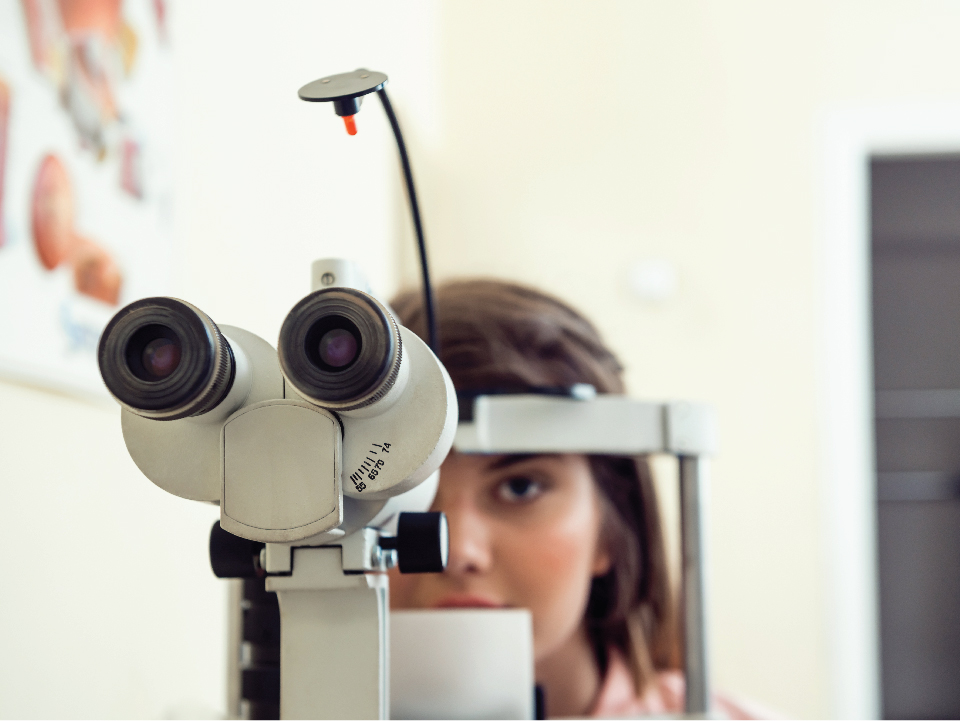
How To Prepare For Your Diabetes Tests?
August 9, 2021
Diabetes Testing Isn’t Complicated: You Can Even Test Blood Sugar Levels At Home
August 9, 2021Diabetes is a growing public health threat as it is classified as a chronic health condition that requires lifelong care and also poses a risk of serious health complications. When diagnosed early, diabetes can even be prevented as prediabetes is a reversible condition that develops before the onset of diabetes. It is a condition of elevated blood sugar levels, wherein these levels are still not high enough to be categorized as diabetes. Delaying screening and diagnostic tests therefore rules out almost any chance of preventing diabetes. If diabetes has already developed, early diagnosis can still make a huge difference because of the effectiveness of modern treatments and lifestyle changes. Consequently, a delayed diagnosis of diabetes can prove to be costly and even fatal in some cases.
Health Risks Of Delayed Diagnosis Of Diabetes
If diabetes is not diagnosed or treated early, it greatly increases the risk of a number of complications as it affects all of the organs. Some of these risks can be life-threatening. Diabetes complications from a delayed diagnosis include the following:
Infections: A prolonged state of high blood sugar levels impairs immune function, making you more susceptible to infections. With elevated blood sugar levels, people with diabetes are also more vulnerable to dry skin, increasing the risk of fungal or bacterial infections such as yeast infections. Some of these infections can also affect the mouth, threatening dental health. Delayed wound healing caused by high blood sugar also increases the risk of infections that can even reach the blood and pose a risk of fatality.

Cardiovascular Disease: This is one of the biggest threats to diabetes patients even when the condition is diagnosed and treated. Failure to diagnose and treat the condition significantly increases the risk of heart problems, making you more vulnerable to heart attacks and stroke.
Kidney Disease: Uncontrolled diabetes affects the circulatory system and can cause damage to tiny blood vessels in the kidneys called glomeruli. These blood vessels are vital for healthy kidney function and damage to the blood vessels can cause kidney disease and increases the risk of kidney failure.
Visual Impairment: Impairment to vision is a common diabetes complication that poses a risk to all diabetes patients, even when undergoing treatment. With undiagnosed diabetes the risk is considerably higher and can even lead to vision loss. Because of damage to retinal blood vessels resulting from high blood sugar levels, there is also a high risk of eye diseases such as cataracts and glaucoma.

Nerve Damage: Nearly half of all diabetes patients develop some for of nerve damage or neuropathy, making timely diabetes diagnosis and treatment vital for prevention of such complications. This complication develops because of damage to the capillary walls, especially in the extremities, which results in nerve damage in the region. This manifests as a loss of sensation or numbness in the affected area.
Foot Problems: Due to impaired circulation and neuropathy, nerve damage in the feet is a major risk in diabetes patients, especially if diabetes is undiagnosed and untreated. This increases the risk of foot complications as reduced sensation puts you at risk of undetected foot injuries, which can then lead to serious infections, even requiring amputation.
Cognitive Impairment: Over time untreated diabetes increases the risk of changes in the brain structure that can cause serious cognitive decline. Diabetes is linked to a higher risk of degenerative brain conditions such as Alzheimer’s disease, with the risk being higher if diabetes is untreated.

Pregnancy Complications: Uncontrolled diabetes can pose a serious risk to both maternal and fetal health during a pregnancy, causing various pregnancy complications, as well as complications in childbirth. It also adversely affects fetal development and increases the risk of babies developing diabetes later in life.
Undiagnosed diabetes can also increase the risk of other health problems such as hearing impairment and osteoporosis.
Diagnosing Diabetes
A diagnostic test for diabetes is simple and inexpensive, making it important to seek regular testing, especially if you are at risk of developing diabetes. Speak to your doctor about your risk of diabetes and the recommended tests. If your doctor suspects that you may have diabetes, a simple urine test may be recommended. If this confirms his or her suspicions, blood tests can also be performed to diagnose diabetes more accurately.
Reference Links:
- https://pubmed.ncbi.nlm.nih.gov/31657690/
- https://www.ncbi.nlm.nih.gov/pmc/articles/PMC4600176/
- https://www.ncbi.nlm.nih.gov/pmc/articles/PMC4755100/
- https://www.nei.nih.gov/learn-about-eye-health/eye-conditions-and-diseases/diabetic-retinopathy
- https://www.diabetes.org/diabetes/complications/neuropathy
- https://www.ncbi.nlm.nih.gov/books/NBK538977/
- https://www.ncbi.nlm.nih.gov/pmc/articles/PMC3906115/
- https://www.cdc.gov/pregnancy/diabetes-types.html




